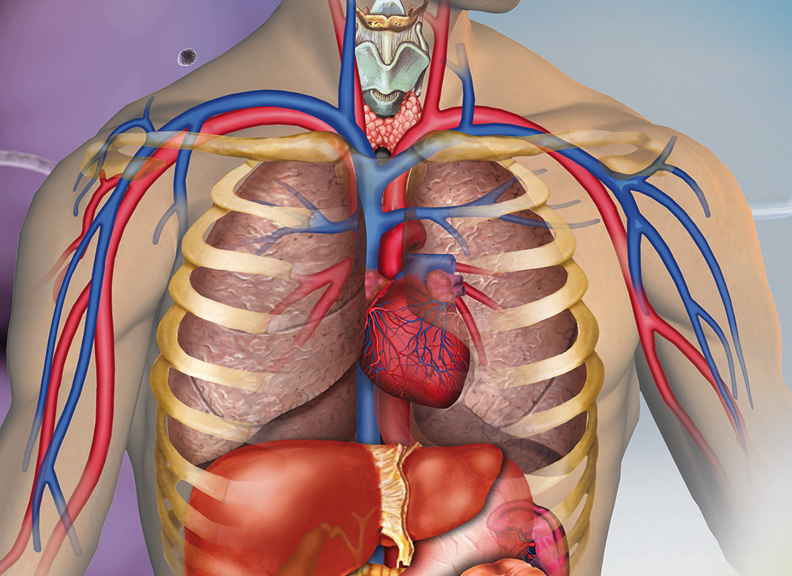PROJECT
Building strong and healthy young people through exercise
Improving the physical and mental health outcomes, and physical literacy of young people with complex conditions through evidence-based exercise programs
Broadly, this research program is investigating the impact of evidence-based exercise on improving the physical literacy and in-turn the health outcomes of young people with complex conditions.
It includes investigations to explore the various mechanisms of exercise related changes; contributions of the various domains of physical literacy and/or fitness on health outcomes; and establishing clinical exercise assessments and interventions for young people.
The populations of interest are young people 5-16 years of age with challenges that impact their ability to participate in exercise in a school or community environment. For example, neurodevelopmental disorders (e.g. Autism), mental health disorders, childhood cancers, musculoskeletal conditions and more.
Investigating processes include mechanistic research, through to implementation and feasibility studies incorporating both quantitative and qualitative techniques.
Project goals:
- Improve physical and mental health outcomes of young people with complex conditions through evidence-based exercise programs
- Increase family, community and health professional knowledge of exercise and it's role in health
- Develop strategies and programs to ensure all young people experience a positive exercise environment
As part of these projects the successful PhD applicant may:
- Assess and develop physical literacy (i.e. competence, motivation and confidence, knowledge and understanding) in young people with complex conditions
- Develop and delivery physical literacy interventions to improving the health outcomes in young people with complex conditions
- Investigate the contributions of various domains of fitness (e.g. cardiovascular fitness, strength) or physical literacy, on the health outcomes of young people
- Develop innovative strategies and programs to support the health and wellbeing outcomes of young people, through engagement with their families, health professionals and peers.
Suggested readings
- Wright K, Furzer B, Licari M, Dimmock J, Jackson B, Thornton A. Exploring the impact of neuromuscular performance and hypermobility on children’s motor competence. J Sci Med Sport. 2020
- Wright K, Furzer B, Licari M, Dimmock J, Jackson B. The effect of parental logistic support on physical activity in children with, or at risk of, movement difficulties. J Sci Med Sport. 2020; 23(4): 372-376
- Wright K, Furzer B, Licari M, Thornton A, Dimmock J, Naylor L, Reid S, Kwan S, Jackson BJ. Physiological characteristics, self-perceptions, and parental support of physical activity in children with varying movement proficiency levels. Res Dev Disabil. 2019; 84; 66-74
- Fortnum K, Furzer B, Reid S, Jackson B, Elliot C. The physical literacy of children with behavioural and emotional mental health disorders: A scoping review. Ment Health Phys Act. 2018; 15; 95-131
- Furzer B, Bebich-Philip M, Wright K, Reid S, Thornton A. Reliability and Validity of the adapted Resistance Training Skills Battery for Children. J Sci Med Sport. 2018; 21(8): 822–7
Research team leader: Dr Bonnie Furzer – Accredited Exercise Physiologist
I am an Accredited Exercise Physiologist and academic in the School of Human Sciences, alongside clinical roles at Fremantle Hospital Mental Health Service and Founding Director of not-for-profit, Thriving – Building Strong and Healthy Young People Through Exercise.
My work focus on therapeutic exercise to support physical and mental health, and improved quality of life for those with unique needs (e.g. young people, mental illness, and chronic disease.
Funding and Collaborations
External Collaborators:
- Telethon 7
- Psychology of Active, Healthy Living Group
- Thriving Exercise Rehabilitation Inc
Thriving - Exercise for young people
The mission of Thriving is to use exercise expertise to improve the health outcomes of kids & young people.
How to Apply
Check criteria
- To be accepted into the Doctor of Philosophy, an applicant must demonstrate they have sufficient background experience in independent supervised research to successfully complete, and provide evidence of English language proficiency
- Requirements specific to this project:
- Highly desired: Allied health training with relevance to working in the area of mental health (e.g. exercise physiologist, physiotherapist, occupational therapist, clinical psychologist)
Submit enquiry to research team leader
- Contact the research team leader by submitting an Expression of Interest form via the button below
- After you have discussed your project with the research team leader, contact [email protected] to proceed with your application
Scholarships
- Domestic students
-
All domestic students may apply for Research Training Program and University Postgraduate Awards (UPA) scholarships
- International students
-
A range of scholarships are available from international organisations and governments. The full list, organised by country, is available on the Future Students website.
In addition, all international students may apply for International Research Training Program scholarships.
- Indigenous students
- Indigenous students are encouraged to apply for Indigenous Postgraduate Research Supplementary Scholarships.
- Forrest Foundation scholarships
- All international and Australian students who wish to study towards the degree of Doctor of Philosophy (PhD) at The University of Western Australia may apply for Forrest Scholarships.

















